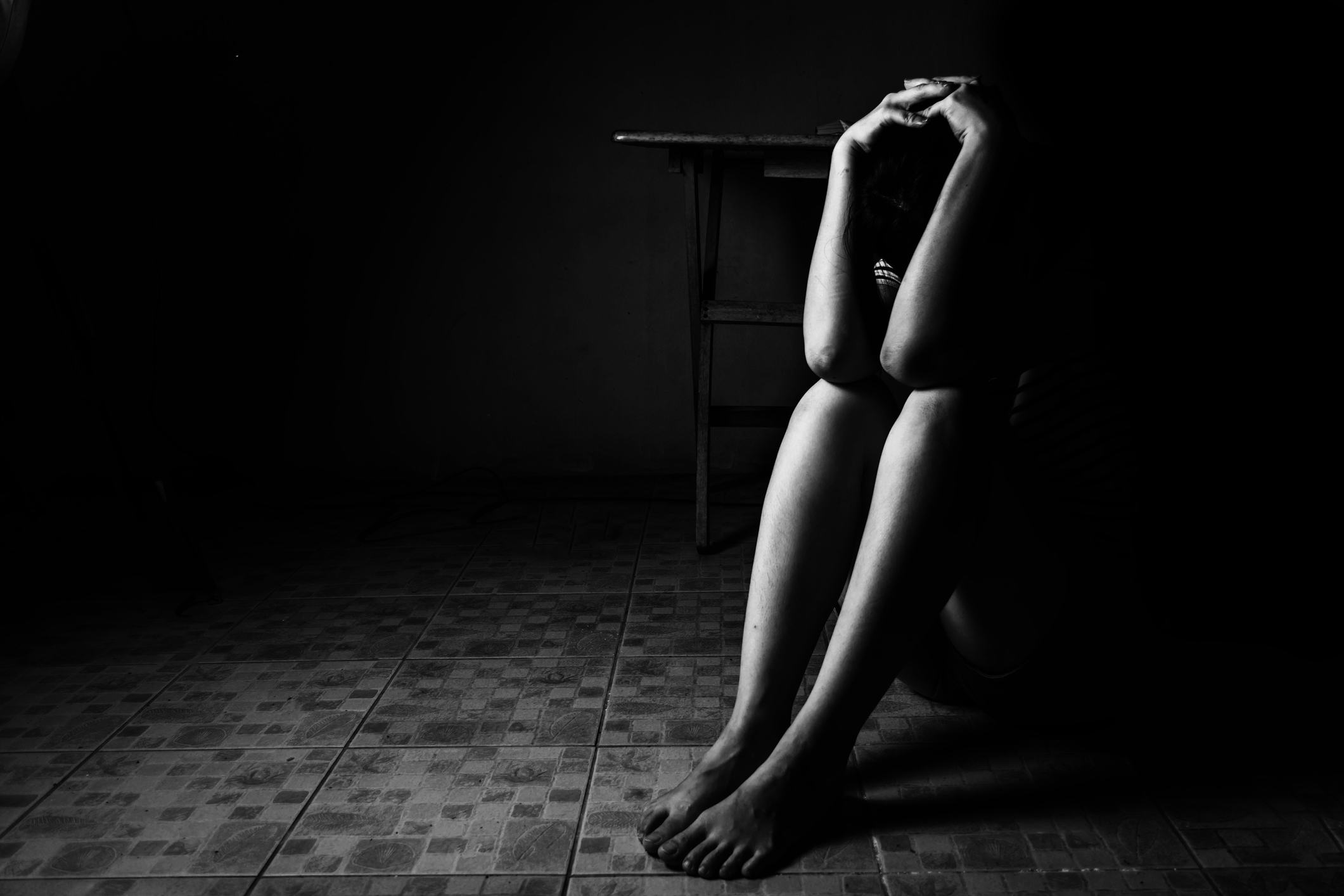
Bangladeshi women repatriation point to bigger issues

The recent repatriation of Bangladeshi women from Chennai calls for an urgent strategy to contain Tamil Nadu from becoming a happy hunting ground for traffickers, say experts and activists.
On Sunday, five Bangladeshi women, who were trafficked and later rescued and lodged at the Madras Christian Council of Social Service (MCCSS), were sent back to their hometown. After almost four years of separation, the women — three of whom were minors at the time when they were forced into prostitution or trafficked for domestic work, were repatriated in association with Impulse, an NGO in Meghalaya.
The women hailing from Jessore, Bagerhat, Khulna, Noapara, and Barishal were lured by men who promised them better jobs and marriage.
Belonging to poor families, the women were easy targets, said Isabel Richardson, executive secretary, MCCSS. She added, “Some of them were sent all the way to Bengaluru through a coordinated chain of traffickers and then to Madurai. A year ago, they were sent to MCCSS after they spent time in government vigilant homes, as the organisation is covered by Ujjawala, a scheme for prevention of trafficking and rescue, rehabilitation and re-integration of victims of trafficking and commercial sexual exploitation.” One of the victims was rescued in Thiruvottiyur in North Chennai, where she was made to work as a maid at 15 years of age.
Long process
The women aged between 19 and 22 were reunited, after coordinated efforts with the Bangladesh High Commission, and the families were tracked. “It was an extremely long and winding bureaucratic procedure – involved communication with External Affairs Ministry – and we awaited border clearance and travel permit, after procuring documents and IDs. Since they hail from interior parts of the country, we had to pore through phone numbers — some not functional anymore — to track the parents and inform them about their daughters, explaining the procedure for repatriation,” she said.
Need for documentation
Richardson stressed the need for registering migrants and tightening border security, as the profile of the victims of trafficking is changing from other states to neighbouring countries. Richardson added, “The women were brought into Kolkata by boats and the porous border with Bangladesh is extremely advantageous for traffickers. While these victims are earlier smuggled to the Eastern parts of the country or to the North, surprisingly, of late, we have seen them coming South. In fact, we have rescued Bangladeshi and Nepali women from places like Chidambaram and Cuddalore.”
The way ahead
In an attempt to bring trafficking under surveillance, the Government Railway Police (GRP), Tamil Nadu in collaboration with International Justice Mission has begun convergence training on combating human trafficking at railway stations in Tamil Nadu. The purpose of this training is to bring all railway stakeholders such as the GRP, Railway Protection Force (RPF), TTEs, Childline, porters, and auto drivers together to combat human trafficking at railway stations. A temporary help desk has been set up at the Chennai Central Station for the purpose as well. Acknowledging that the state and the city of Chennai as a sought after destination due to its economic opportunities, M Devasitham, associate director, strategic development, International Justice Mission, adds that when it comes to sex work, there is a lot of obsession with fair skin in TN. “Maybe that’s why women trafficked from Nepal and Bangladesh are sent here. Moreover, West Bengal tops in the list of states as a source of trafficking. Sharing border, Bangladesh is also a soft target owing to high rates of poverty,” he said.
Law enforcement should recognise the problem
Sunemiya Nanda, assistant manager, aftercare development, IJM-Kolkata says that the usual route from Kolkata for Bangladeshi girls and women who are trafficked is Mumbai, Pune or Delhi and that cases leading them to Tamil Nadu is a new trend. “They are lured by their own people, a relative or even their husbands in some cases. The process to repatriate them can be very complicated, involving several NGOs, child welfare committees in cases of minors,” she said.
PM Nair, former DGP and international expert on human trafficking issues, says that the time can be reduced. He added that as the first step, there is a memorandum of understanding between the Bangladesh and Indian governments to tackle the issue. “It can be expedited with the interest of all parties concerned. Primarily, there is a need for political will. For this, the mentality to focus on their territories should go and we should look at models adopted by regional countries like Sri Lanka to combat trafficking,” he said.

